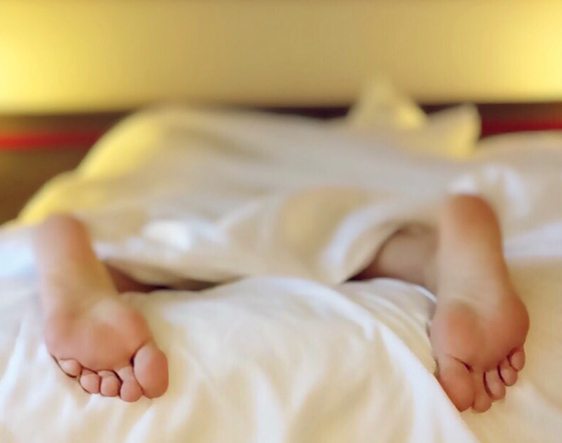Sleep is arguably the most important ingredient to a pleasant and productive day. A Sleep Council study has revealed that how you sleep usually varies quite a lot, depending on which industry you work in. Contributor Tracey Palethorpe – Thomas Sanderson.
As it turns out, people who work in HR sleep the best, with 12.9 percent claiming that they can get more than nine hours of sleep most of the time. The study also revealed that those who work in the marketing, transport and engineering sectors are the most likely to turn to sleep remedies, with almost a quarter (23.1 percent) of marketing employees saying they drink alcohol and purchase over-the-counter remedies to assist sleep. 57 percent of HR professionals, on the other hand, claim that they never take sleeping remedies.
That same Sleep Council study revealed that 14.2 percent of Britons check their work emails right before going to bed. However, approximately a fifth of IT and telecommunications workers (20.3 percent) and architects (19 percent) are checking their work emails last thing at night.
Another prominent factor was workplace stress, with almost half (47.2 percent) of British workers citing this as a reason they miss out on sleep. Those who work in both retail (52 percent) and education (54.3 percent) scored well above this.
Whatever your profession, it is vital to health and productivity to get enough sleep, so you need to optimise your conditions. Window blinds can block out light and noise from the street, and can reduce disruptions to your slumber. This would be beneficial for 17.6 percent of the population who claimed that outside noise is the biggest disruptor of their sleep.
Certain blinds can artificially control the lighting in your room, by replicating a sunrise to wake you up naturally, or keeping daylight out so you can sleep through the day after coming home from a night shift. More than one in ten (11 percent) people said sunlight is the biggest reason they could not sleep well, so installing these would be a sufficient diagnosis for this issue.
Not getting a consistent amount of sleep will create neurotoxins, which disrupts the brain’s metabolism, leading to complications such as sleep apnoea or insomnia. So, it is vital you ensure that you are getting the best night’s sleep possible – whether that means turning off your electronics before heading to bed or making sure that your room is sufficiently dark will ensure you have excellent sleep hygiene.









